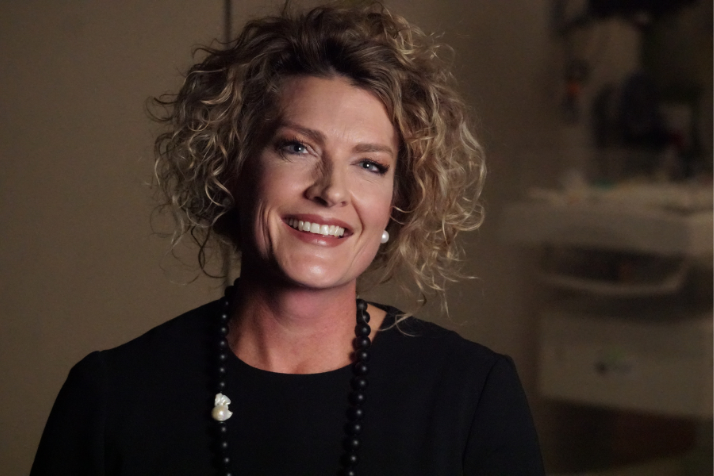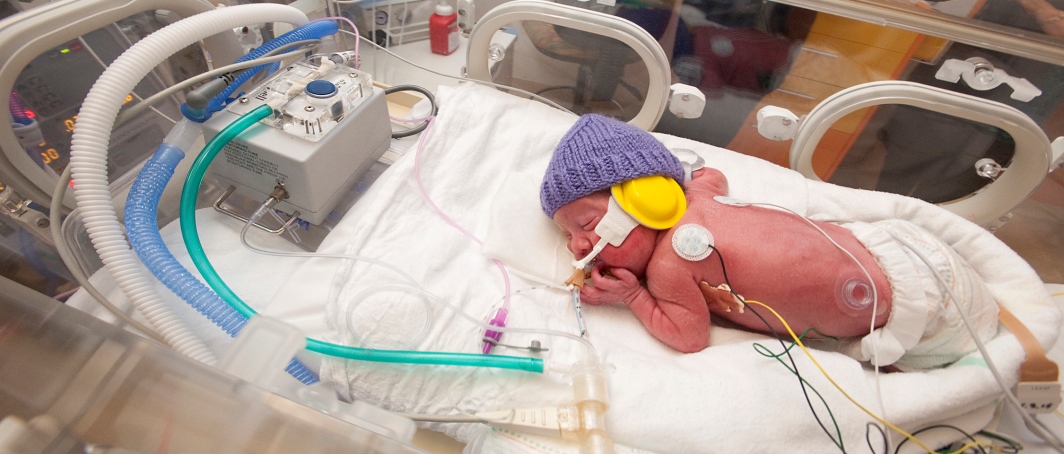Research overview
Mastitis is a distressing and debilitating inflammatory breast condition affecting women globally. In Australia, mastitis affects one in five lactating women and is a major reason for undesired early weaning.
Antibiotics are empirically prescribed for mastitis and can negatively impact infant health. Human milk is not a sterile fluid and harbours a community of microbes collectively known as the human milk microbiome (HMM). Many cases of mastitis likely have an infectious cause, and pathogenic bacteria have been commonly reported from mastitis milk. However, the bacterial causes of mastitis have not been rigorously studied, and there are no effective preventive treatments available.
Novel non-antibiotic prevention strategies for mastitis are urgently required to reduce undesired early cessation of breastfeeding, and to reduce the burden of antibiotic resistance in human milk bacteria due to empirical antibiotic treatment of mastitis.
This project will investigate how the HMM varies between mothers with and without mastitis, and if naturally occurring human milk bacteria can help prevent mastitis. This discovery work will generate critical data to apply for larger funding streams to translate the findings into novel interventions to prevent mastitis.
Project researchers
Professor Mark Nicol
Funders
Women and Infants Research Foundation
Project timeline
2024 – current



